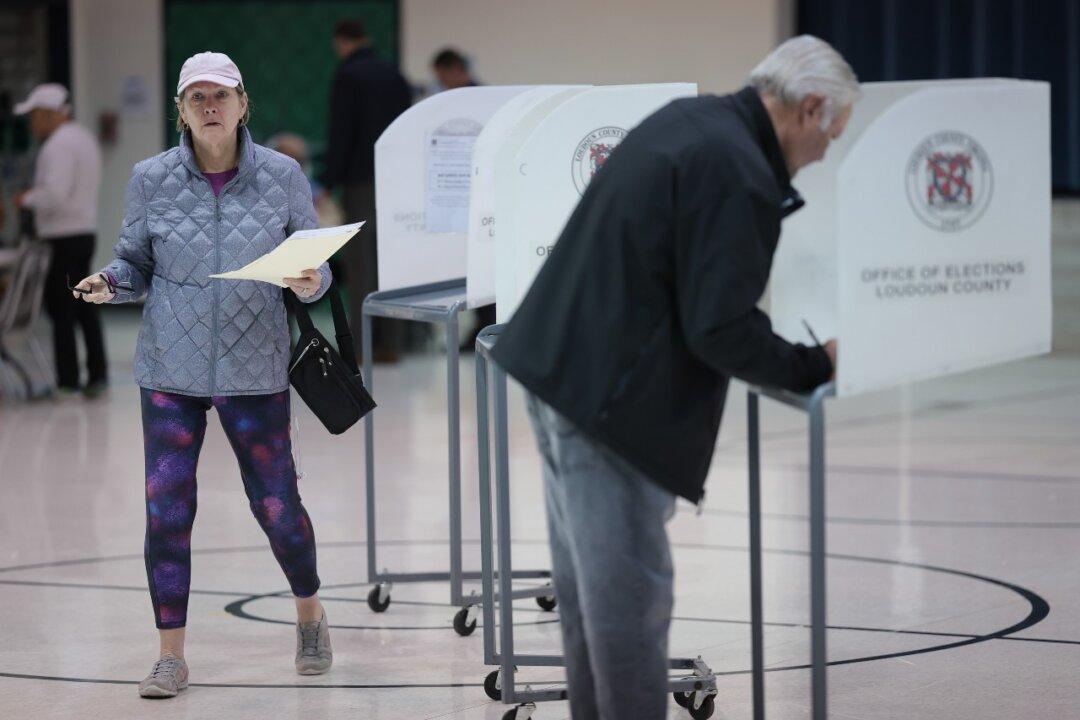The Iowa Caucuses are 61 days away but the 2024 Election Cycle begins today.
Americans nationwide head to the polls on Nov. 7 for municipal and school board contests. In addition, those in New Jersey, Mississippi, and Virginia are electing state lawmakers and those in Kentucky and Mississippi are casting ballots in gubernatorial elections.




